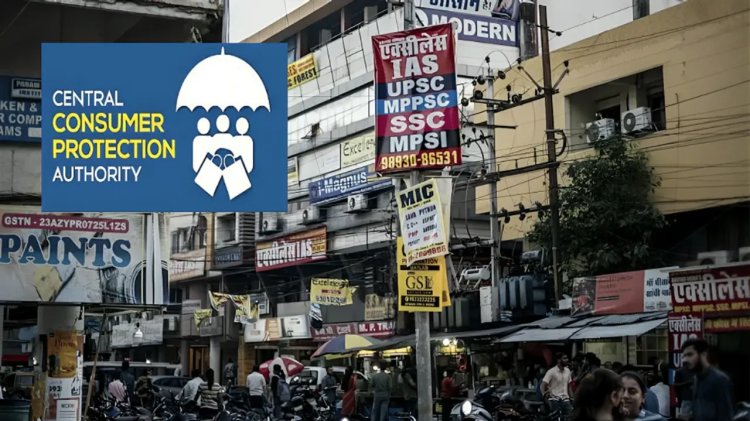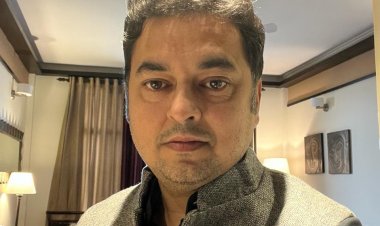Government Targets Misleading Coaching Ads with Strict New Guidelines
The CCPA’s new guidelines combat misleading coaching ads, demanding transparency in success rates and course claims to protect students from false promises.

The Indian government has rolled out stringent new regulations targeting misleading advertising practices in the booming coaching industry, aiming to curb exaggerated claims made by some institutes. The Central Consumer Protection Authority (CCPA) announced these regulations on November 13, 2024, following a wave of complaints logged through the National Consumer Helpline, which highlighted misleading promises made by coaching centres. In a series of actions, the CCPA has already issued 54 notices and imposed penalties amounting to Rs 54.6 lakh on various coaching institutes for deceptive advertising practices.
The newly introduced guidelines, titled the "Prevention of Misleading Advertisement in Coaching Sector," explicitly forbid false claims related to course effectiveness, faculty qualifications, fee structures, and any form of guaranteed outcomes. Ads that claim 100% success rates or promise assured job placements are now strictly prohibited.
For the first time, the guidelines establish a comprehensive definition of 'coaching,' covering services that provide academic support, educational guidance, study programs, and tuition services, while explicitly excluding counselling, sports, and creative fields.
Another crucial provision requires coaching institutes to secure written consent from successful candidates before using their photos, testimonials, or success stories in promotional material. This provision responds to concerns that coaching centres often leverage the achievements of candidates who may have relied on self-study for most of their preparation. According to the CCPA, many UPSC candidates, for example, clear the preliminary and main exams on their own, using coaching centres only for interview guidance.
"We are not against coaching centres," remarked Consumer Affairs Secretary Nidhi Khare in a recent press conference. "However, it’s vital that advertisements in this sector reflect accurate and truthful information without compromising consumer rights." Khare stressed that coaching institutes must now accurately represent their services, infrastructure, resources, and facilities in all marketing materials. If a course claims official recognition, coaching centres are now required to disclose the relevant authorities such as AICTE or UGC that endorse the course.
These new guidelines are built upon existing consumer protection laws, and violations will attract penalties under the Consumer Protection Act. Furthermore, the regulations require that institutes display disclaimers prominently and maintain transparency in their advertising, ensuring students and parents have access to accurate information about the programs being offered.
This regulatory framework marks a pivotal moment in safeguarding students and their families from deceptive practices within India's multi-billion-rupee coaching industry. By enforcing strict advertising standards, the CCPA aims to protect consumer rights and foster a fairer, more transparent environment in an industry that plays an increasingly critical role in shaping India’s future workforce.

 Deepanjali
Deepanjali 










